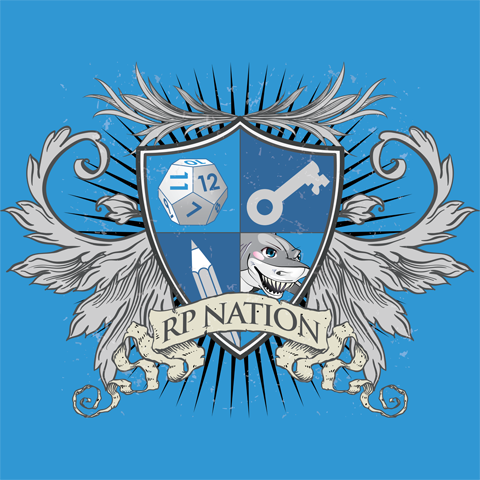EggB
bgge!
How much planning do all of you do? I was thinking of starting up something of my own, and realized I'd started planning pretty heavily. So I got curious; what do other people usually do? I also wonder what the more successful approach is, though that could vary person to person 



